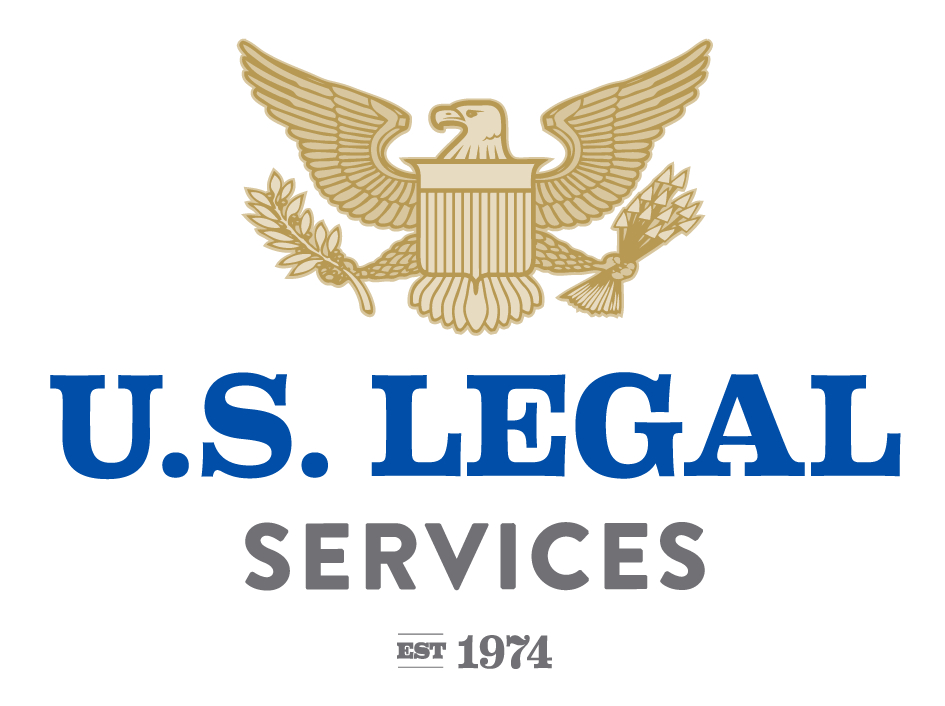
Attracting and Retaining Millennial Employees
As increasing numbers of Baby Boomers are retiring, workplaces are facing growing challenges in recruiting and retaining employees to replace them. Many companies now need to attract Millennials, and so it’s important to know what this generation wants, needs and values. Here are eight things to keep in mind during your talent pursuit.
#1 Ignore Millennials at your own peril.
According to a report titled Workforce 2020: What You Need to Know Now, cited in a Forbes.com article, 75 percent of the working population will be Millennials by 2025. So, for a healthy, productive, profitable workplace, it’s crucial to understand how to attract qualified candidates from this generation to your workplace and keep them satisfied and engaged.
Initially, the issue was simply integrating Millennials into the workforce. Now that growing numbers of this generation are approaching the age of 40, an additional challenge is occurring in multiple workforces where Millennials are supervising employees older than themselves.
The bottom line: This generation has successfully permeated all levels of the workplace. So, ignore them at your peril!
#2 No generation can be uniformly characterized.
Remember, as you recruit Millennials, to consider each of your candidates and employees as unique individuals. Yes, people within a generation typically have numerous characteristics in common, but it’s important to avoid generalizing and assuming that a particular person has certain desires because of the year in which he or she was born.
An article in Inc.com shares how dangerous it can be to generalize the Millennial generation, including the myth that this generation has no work ethic and needs extra motivation. Sure, some Millennials are lazy, as are a certain percentage of people from every generation. But, what might at first appear to be laziness in Millennials is often a desire to find ways to work smarter, not harder. By tapping into that, you can create a streamlined, more efficient workplace, something that benefits all generations in your company.
#3 Millennials often have one foot out the door.
There is no room for employer complacency when dealing with Millennials in the workplace. As the in-depth The 2016 Deloitte Millennial Survey shows, more than one in four Millennials would be willing to leave his or her current employer during the next year to try something new and different, with 44 percent of them willing to do so over a two-year period. Plus, two out of every three Millennials surveyed in 2016 expected to be working somewhere different than their current jobs by 2020. When Millennials were asked if they expected to work for a current employer for the next decade, only 16 percent did. This lack of long-term loyalty suggests that employers need to create a more attractive workplace to try to keep star employees and to have a recruitment plan that will appeal to talented, desirable new employees.
#4 Millennials want their leadership skills to be developed at work.
The Deloitte survey also delves into the issue of loyalty, and why Millennials are wanting to leave their current workplaces in such numbers. Researchers discovered that 63 percent of Millennials surveyed believe their leadership skills aren’t being fully developed at work; in some developing countries, that belief is even more prevalent. Even more alarming, no matter where Millennials were located, only 28 percent of those surveyed say their workplaces are taking full advantage of their skills. A generation in which members are more willing to leave a company when dissatisfied should be an area of concern and focus for company owners and managers everywhere.
To quote the study, “Millennials fully appreciate that leadership skills are important to business and recognize that, in this respect, their development may be far from complete. But, based on the current results, Millennials believe businesses are not doing enough to bridge the gap to ensure a new generation of business leaders is created.”
#5 Career development can, in fact, be more important than money.
Quality of life can be so important to Millennials that members of this generation would, on average, be willing to take a $7,600 pay cut if they could “improve their career development, find more purposeful work, better work-life balance, or a better company culture.” What’s important to many in this generation is an opportunity to work in a way that aligns with their values and otherwise contributes to life-work balance.
People from other generations have a desire for a quality balance of life, but this generation is at the forefront when it comes to considering this balance a measure of success.
#6 You’ll need to satisfy their hunger to learn.
According to the 2018 Millennials at Work Report, close to half of Millennials surveyed (42 percent) say that learning and development is the most important factor when deciding where to work. They want substance from their employers. And, their expectations can be high, with this generation overwhelming believing that their employers must share in the responsibility of providing robust opportunities for learning. The survey also shows that only 42 percent of people surveyed believe their workplace holds up to their end of the bargain.
The survey shows that Millennials have these strategies in mind for maintaining or enhancing their skillsets:
- learn on my own with online courses, books, etc.: 46%
- go back for another degree, continuing education: 35%
- rely on training provided by my employer: 34%
- attend industry conferences, webinars, etc.: 27%
- do an apprenticeship, internship: 26%
- I don’t think I’ll need more training: 14%
- attend boot-camp-style program: 13%
#7 Flexibility is key.
Forty-four percent of those surveyed by Udemy say that flex schedules are ideal. This generation wants greater flexibility in how they work, as well as when and where, with the goal being to work smarter and more efficiently.
This generation recognizes how their desire for flexibility, along with other wants and needs, can cause other generations to label them, with these stereotypes the ones that bother them most:
- lazy: 51%
- entitled: 36%
- self-centered: 35%
- know-it-all: 34%
- over-sensitive: 33%
- unprepared for real workplace: 33%
- short attention span: 26%
- needs constant affirmation: 23%
- politically correct: 20%
- idealistic: 19%
#8 When it comes to benefits, Millennials want real choice and easy access.
As an article in BenefitNews.com points out, we live in an Amazon Prime-type of world, one where ease of use is expected. So, when you create a rewards package for your employees, you want to be competitive, of course, but it also makes good sense to offer voluntary benefits that can help your younger candidates and employees feel that the benefits you offer are tailored to their needs. It’s also important that it’s easy to understand and enroll in your voluntary benefits plans, and then equally as easy to pay for them. “Exceptional communications,” the article reads, “smart enrollment options, and ease of payment are key to success.”
Legal Benefits: An Excellent Voluntary Benefit to Offer Millennials
When you offer legal benefits plans to your Millennial employees, you offer them peace of mind when legal issues occur. For example, people in this generation are buying homes, often needing bigger ones and/or ones in more desirable school districts if they have children—so legal plans that offer real estate transaction services can be invaluable.
Because younger drivers have the lion’s share of traffic violations, having access to appropriate legal services to address those issues can be important to Millennials. So can access to family legal services when divorcing, or for child support and/or child custody issues. Again, the right legal benefits plan can offer all of these desired services and more.
Family Defender™ Legal Benefits Plan by U.S. Legal
U.S. Legal Services offers the most comprehensive group legal benefits plan available today, offering legal services in demand across generations. This plan gives your employees access to preventive law, and we’ve created it so that it’s easy for employees to enroll and for your company to administer it.
When you offer Family Defender™ to your employees as a voluntary benefit, your employees have ready access to network attorneys close to where they live and work. Because they have such easy access to legal help when issues arise, this tends to reduce stress—and, when your employees are less stressed, your entire workplace can benefit. Positive ways this can affect your company include:
- lower turnover
- boosted morale
- reduced payroll costs
- lower human resources expenses
- less absenteeism
- boosted productivity
- decreased health care costs
The Family Defender™ plan costs nothing for your company to administer and employees can easily access benefits, whether that means to obtain answers to legal questions or start a claim. They can call us, visit our website, or use our mobile app. If you have questions or are interested in getting started, contact us today online or call 1-800-356-LAWS. Let’s talk!



